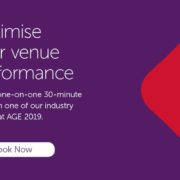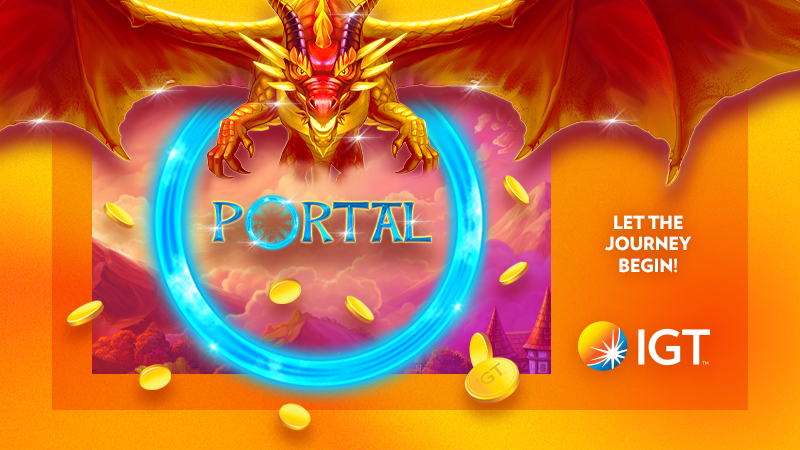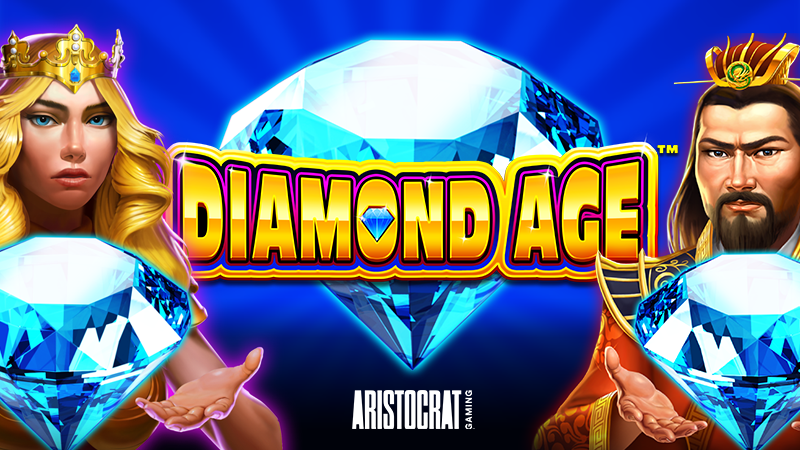THE NEW RULES OF MILLENNIAL MARKETING IN 2021
If last year was the wake-up call for Millennials, buffeted by the economic and social storm of the pandemic, this year represents a resetting of priorities.
Millennials, which range from 25 to 40 years old, are a critical demographic for brands in 2021. Yet the coronavirus pandemic has altered several assumptions about the priorities for this generation and how brands can connect with them. These effects everything from brand values right down to choice of advertising medium.
“The biggest change in this group I would call out is that they have grown up,” Snap GM A/NZ, Southeast Asia and Hong Kong, Kathryn Carter, told CMO. “They are buying cars, investing in property, having families and for marketers this means they are establishing long-term relationships with brands that resonate with them.
“They are making significant and impactful changes within the community and in their lives. This group has moved from passive consumption to active engagement. Be it through augmented reality or other forms of engagement, they’re looking for that personal connection and customisation when it comes to brands.”
Connecting with Gen ‘peak spending’
Carter said Millennials place huge emphasis on buying or engaging with brands that are both ethical and transparent. “We have seen it is what a brand stands for, more than what it is selling, that will determine a millennial’s purchasing decision,” she said.
This means brands need to be clear about their values, what they stand for, and how they tell their story to their consumers. “It also means brands that have not digitally transformed their businesses need to make this an urgent priority so that they can engage with their audiences,” she continued.
It also means optimising social media assets for engagement and ecommerce as Millennials consumers increasing find social ecommerce personal and convenient.
In this vein, Snapchat has been heavily investing in direct response advertising with advanced bidding and campaign management tools, ad formats designed for mobile apps and ecommerce and back-end performance optimisation. This makes sense when you consider Millennials have now overtaken Baby Boomers as the largest population segment.
“And they are reaching their peak spending years,” said Carter.
When it comes to advertising, there is a big generational gap in the way various ages engage with different advertising mediums. A recent study commissioned by Adzooma found Millennials are increasingly purchasing from online ads.
Adzooma co-founder and CEO, Rob Wass, also noted 43 per cent of under-34s were more likely to buy from a sponsored social ad than any other social media targeting medium. This is nearly twice as much as those who said they would engage with a billboard or poster.
While TV ads reign supreme for those in their late 30s, 40s and early 50s, findings suggest these age groups still engage highly with social media ads, although they are slightly pickier than other demographics about which social ads they choose. For instance, it emerged from the study respondents in these age groups were less likely to buy from a sponsored ad, preferring more ‘organic’ means such as product placement in a social post.
The generation re-writing the rules of marketing
Some industry heavyweights have gone as far as saying Millennials, along with Gen Z, are in effect re-writing the rules of marketing from the 5Ps to the 4Ps. “It’s the 4Ps that matter: Purpose, positioning, personalised and partnerships,” wrote McCann Worldgroup global chief digital officer, Sean MacDonald, online recently.
MacDonald saw these two generations ushering in a larger evolution of culture, which values a more equality-based, free-spirited shift away from rigid hierarchical ruling powers of yore. They are a higher consciousness generation, inclusive and looking to brands that share their values. It’s a generation more focused on life-changing experiences than on things, which means brands need to create a culture and experiences that relatable to these younger generations.
“This generation wants something they can put their stamp on that feels personal to them. Brands need to feel authentic and they want to be in conversation with the brand. Demonstrating partnerships is important and when brands work together, there is both a halo effect and potential broadening of the lifestyle story of the brand that can happen,” MacDonald stated.
Then there’s the perceptions marketers hold of this generation. Millennials are too often maligned and too easily tagged as the high-maintenance generation.
“Millennials are the most ‘labelled’ generation – Gen Me, Gen Rent, Echo Boomers, Conscious Capitalists,” dentsu head of intelligence, Christine McKinnon, told CMO. While some labels may apply, they don’t capture the complexity of this generation.
“If we look beyond the generational stereotypes and slurs, Millennials are primarily more vulnerable because of their stage in life. They range from graduates entering the workforce through to those with younger families, juggling competitive careers, possibly trying get their piece of the great Australian dream – all of these are major life events that have been heavily affected by COVID-19,” said McKinnon.
The pandemic has meant Australian Millennials are more likely than any other generation to have been furloughed, had their work hours reduced, suffered a reduction in pay or have been forced to take paid/unpaid leave during 2020, according to dentsu’s Consumer Connection Survey. Added to that are concerns about their job security, household finances and mental health, according to the Disqus comment tracker.
For marketers, this means significant changes in brand trust along with heightened expectations of brands and their social justice commitments. McKinnon said 2020 has been a big wake up call for Millennials and brands will feel the effect of that.
“In 2021 their trust will be harder to earn,” she predicted. “We have seen a sizable mindset shift from a self-focused digital existence to one where collective benefit is the goal. This is all being led by Millennials and clearly shows that ‘Generation Me’ is evolving to ‘Generation We’.”
Source: www.cmo.com.au/article/686123/new-rules-millennial-marketing-2021/
For clubs, connecting with this generation will require a change in marketing and communication strategy: 2 for 1 steak ads on social media can be replaced with community stories that focus on a strong tradition of philanthropy and experience within the local community.












